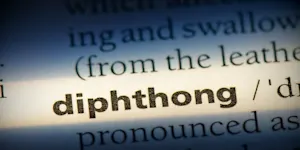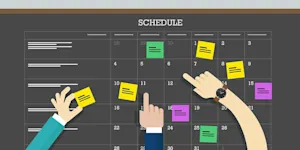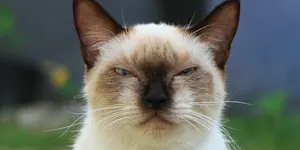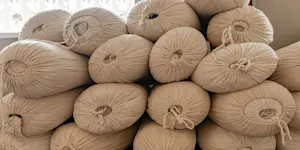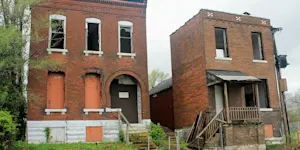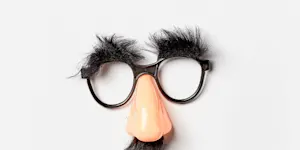What Makes This Word Tick
"Claptrap" refers to nonsense, empty talk, or pretentious but insincere display designed to attract applause or attention. This word paints a picture of exaggerated behavior or language that’s more flashy than substantive. Imagine a windbag talking on and on—lots of flair, but missing the real substance.
If Claptrap Were a Person…
Claptrap would be the charming but over-the-top party guest who fills every silence with enthusiastic stories that may not be entirely true. Always dressed to impress, they are entertaining at first but leave you wondering if anything they said was genuine.
How This Word Has Changed Over Time
Originally, "claptrap" was a theatrical term from the 18th century, describing lines designed to elicit applause from the audience. Over time, it evolved to mean more generally any kind of empty or misleading talk, regardless of whether there's actual applause involved.
Old Sayings and Proverbs That Use Claptrap
While "claptrap" might not feature heavily in traditional proverbs, it plays well with sayings that warn against judging by appearances, such as "All that glitters is not gold." It reminds us to look for true value beyond the flashy facade.
Surprising Facts About Claptrap
Despite its humble status as a term for foolish talk, "claptrap" once played a serious role in playwriting and theater, calculated to predict and provoke audience reactions. It's a word that knows how to manipulate a crowd!
Out and About With This Word
You'll often find "claptrap" in discussions that critique political speeches or commercial advertisements. It's the polite way of calling someone's bluff without resorting to more colorful language.
Pop Culture Moments Where Claptrap Was Used
The word "claptrap" occasionally pops into reviews of stage productions and movies, pointing to a scene or dialogue that may have prioritized spectacle over substance. A perfect critique for certain blockbuster films that dazzle but don’t deliver.
The Word in Literature
"Claptrap" appears in critical essays and satirical works, where authors often point out when a character or situation is all sound and fury, signifying nothing. You might meet "claptrap" in 19th-century literature, adding a dash of critical flair.
Moments in History with Claptrap
During the Victorian era, social movements were sometimes criticized for their "claptrap" rhetoric—eye-catching yet empty promises. Picture a crowded town square with an orator promising the moon, but delivering nothing but hot air.
This Word Around the World
In the UK, "claptrap" finds a home in witty retorts or critiques, often celebrated in British humor. Globally, you might find equivalents in languages that express skepticism about noisy, hollow expressions meant to impress rather than inform.
Where Does It Come From?
"Claptrap" is believed to have originated from the combination of "clap" (applause) and "trap" (as in trapping applause). It hails from a time when theatrical performers carefully crafted moments designed to provoke a reaction from the audience.
How People Misuse This Word
Sometimes people use "claptrap" to mean any kind of idle chatter, but it’s more specifically about pompous or showy nonsense. It's important to note the fine line between simply chattering and being intentionally superficial or deceptive.
Words It’s Often Confused With
Balderdash: Also nonsense, but more whimsical, less concerned with impressing others.
Humbug: Suggests deceit or a hoax, with a stronger connotation of intentional trickery.
Gibberish: Nonsensical language that is unintelligible rather than intentionally misleading.
Additional Synonyms and Antonyms
Synonyms for "claptrap" include "drivel," "humbug," and "baloney," while antonyms would be "truth," "sincerity," and "substance."
Want to Try It Out in a Sentence?
After listening to the politician's promises, Sarah shook her head, muttering that it was all just a bunch of claptrap, tailor-made to garner votes without offering real solutions.



